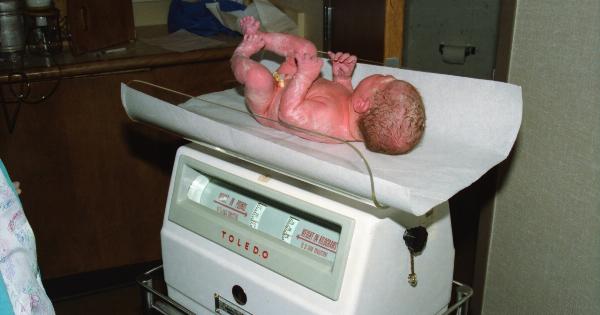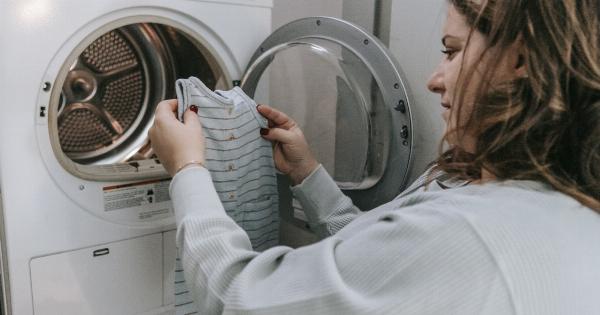Bringing a newborn baby home for the first time can feel like an overwhelming experience. However, it doesn’t have to be a daunting or difficult task if you follow basic baby care guidelines.
Here are some useful tips that will help you make your transition into parenthood an easier one.
Feeding
Breastfeeding is the best option for your newborn baby. Breast milk provides all the necessary nutrients and antibodies that will help your baby develop and grow.
If breastfeeding isn’t an option, you can use formula designed for your baby’s age and stage of development. Always sterilize the bottles and nipples before use, and follow the instructions on the package carefully.
Whether you’re breastfeeding or giving your baby formula, it’s essential to feed your baby on demand.
Newborn babies need to eat every 2-3 hours, and you should monitor their weight gain and wet diapers to ensure they’re getting enough to eat.
Bathing
Babies don’t need daily baths, and it’s fine to sponge-bathe them until their umbilical cord falls off, usually within two weeks.
Use a baby washcloth and mild soap designed for babies, and wash your baby’s face, neck, hands, feet, and diaper area. Be sure to dry your baby carefully, paying attention to skin folds where moisture can be trapped and lead to irritation.
Once your baby’s umbilical cord stump has fallen off, you can begin using a baby tub for baths. Fill the tub with only a few inches of warm water (about 90 degrees Fahrenheit), and use a gentle, tear-free baby shampoo.
Hold your baby securely, preventing him from slip-sliding in the water, and use a cup or a washcloth to wet and rinse his hair and body.
Sleep
Newborn baby’s sleep patterns can be unpredictable, and they need a lot of sleep, usually between 14 and 17 hours per day.
It’s essential to establish a safe and comfortable sleeping routine, laying your baby down for nap times in a crib or bassinet that meets current safety standards. Keep the room at a comfortable temperature (between 68 and 72 degrees Fahrenheit) and consider using white noise to help soothe your baby to sleep.
Avoid exposing your baby to screens before bedtime, and offer plenty of active, engaging playtime during the day to ensure your baby is tired come bedtime.
Diapering
Expect to go through a lot of diapers in the first few weeks. Babies need to be changed approximately every two hours or more often if the diaper is soiled. Changing a diaper requires you to:.
- Lay your baby on his back on a clean, flat surface
- Remove the dirty diaper and wipe your baby’s bottom gently with a baby wipe or a wet washcloth
- Place a clean diaper under your baby and fasten it securely, ensuring it’s not too tight around your baby’s waist and legs
Baby Care Products
Before your baby arrives, make sure to have baby care essentials on hand, including:.
- Diapers
- Baby wipes
- Baby washcloths and towels
- Baby soap or body wash
- Baby shampoo
- Baby lotion
- Baby nail clippers
- Bulb syringe (to clear your baby’s nose)
- Thermometer (digital rectal thermometer for newborns)
- Pacifiers (if desired)
It’s essential only to use baby care products designed for infants and to avoid any products with harsh chemicals or fragrances.
Conclusion
Caring for a newborn baby can be challenging, but with the right mindset and preparedness, you can quickly adjust to your new role as parents.
Remember to take care of yourself, as most newborn babies depend on a stable and well-nourished parent to function. If you have any concerns about your baby’s health, speak to your baby’s healthcare provider for guidance and support.





























